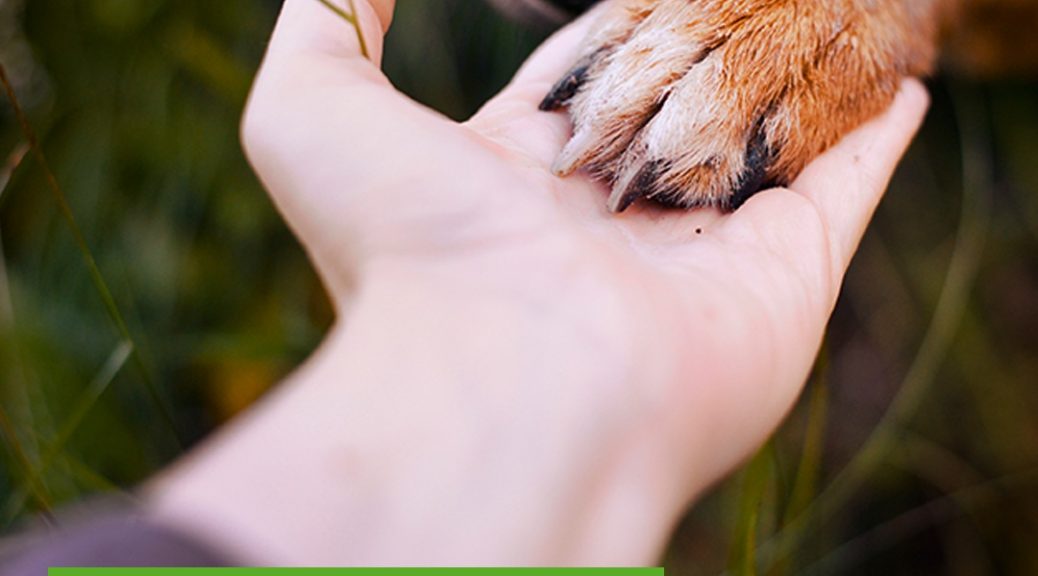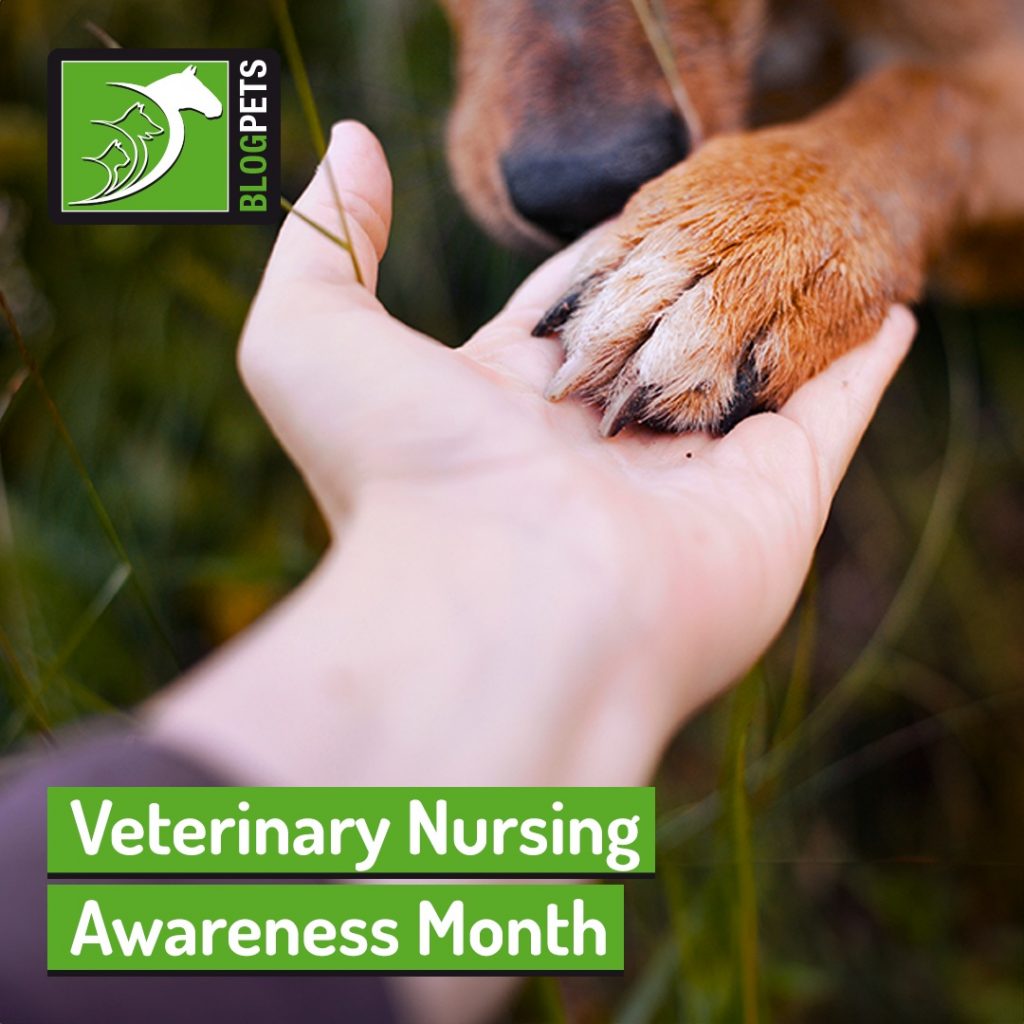Did you know that May is Veterinary Nurse Awareness Month? A chance to celebrate and draw attention to the wonderful nurses that help veterinary practices deliver essential care to your pets. Their role has diversified so much since 1961, when the RCVS approved the first Animal Nursing Auxiliary training program.
Initially, their role was to support the veterinary surgeon, acting as additional helping hands with little clinical involvement. The title of veterinary nurse was first used in 1984, but it was only in 1991 that the Veterinary Surgeons Act was updated and amended to formally recognise the role of the nurse in law.
A Registered Veterinary Nurse (RVN) is someone who has completed specific training, becoming either a degree or diploma holder. Not only this, but in order to be ‘registered’ within the Royal College of Veterinary Surgeons, every nurse has to comply with rigorous and continuous professional development, learning new skills and maintaining up-to-date knowledge.
History lesson over, let’s take a look at what nurses can, and do, achieve these days. But first, take a moment to answer the following questions:
Who do you think spends the most time with your pet when they are in the practice?
Who are you most likely to speak to when contacting a practice to ask for advice?
Who monitors your pet under anaesthetic during an operation?
Who takes blood samples and can perform minor procedures?
So, if you were thinking that the answer to all of those, given the subject of this blog, is an RVN, you would be correct!
Let’s look at a typical day in the life of an operating RVN at a first opinion veterinary practice:
They start the day by admitting patients. After going through the admission paperwork and obtaining owner consent, they make sure your pet is comfortable in their own kennel. Fluffy bedding, water and a cuddle is a must.
They perform a basic health check – heart rate, breathing rate and temperature are the usual parameters as well as a weight-check – checking that all of your animals’ vital signs are within normal limits.
They then take any samples that need testing prior to anaesthesia. Be this blood or urine, sometimes even faecal samples. They then run these tests in an in-house laboratory, or more extensive tests may be sent to an external lab.
They have a discussion with the operating veterinary surgeon to decide on the type of drugs and amount to be used. All medicine is then prepared in advance making sure to allow for any eventuality. Following this, they administer a pre-medication in order to calm your pet down and prepare them for surgery.
During this ‘sleepy’ period, they clip any fur necessary and clean the operating area. (Which is the main reason your pet smells different when they come home!)
They then monitor the anaesthetic during the procedure, using specialist equipment to assist them.
Following the procedure, they monitor your pet throughout their recovery to make sure that they wake up nicely and are comfortable. They also make sure to monitor any pain and address it accordingly.
After your pet is up and around, they provide food (and for dogs a small walk outside), then call you to let you know how the surgery went and to arrange a collection time.
They then prepare your pet’s discharge medication, information leaflets and remove any catheters or fluid lines.
They greet you on your arrival, talk you through everything and make sure that both you and your animal are happy before sending you both home for a well-deserved rest.
If your pet is needing to be hospitalised for a longer period of time, the role of the RVN changes slightly to include husbandry roles such as bed changing, grooming, walking outside (dogs only), feeding regularly and medicating as needed.
In-patients are normally interacted with at least hourly, to make sure that your pet is receiving the help and support they need to get better.
Other things nurses can also do is administer medications, or even perform blood transfusions, after being prescribed by a veterinary surgeon.
In an emergency, a RVN can perform triage and sometimes ultrasound to assess the patient and formulate an immediate plan.
Who knew nurses could be quite so amazing? That’s why Veterinary Nursing Awareness Month is so important, so that you can see how much these superheroes without capes do behind the scenes.
There is also a huge emotional toll these nurses take with them. They care for your pet as if it is their own. Often refusing lunch breaks in order to not move a well-rested head, sleeping on floors outside of kennels of critically ill patients to make sure they’re watched and cared for and, simply, not alone. It is often these hidden acts of kindness that go unrecognised.
RVNs are so much more than they used to be. Much more than the Veterinary Surgeon’s assistant, they are skilled professionals, practicing medicine autonomously and under their own code of professional conduct, as well as being champion advocates for their patients, your pets.

